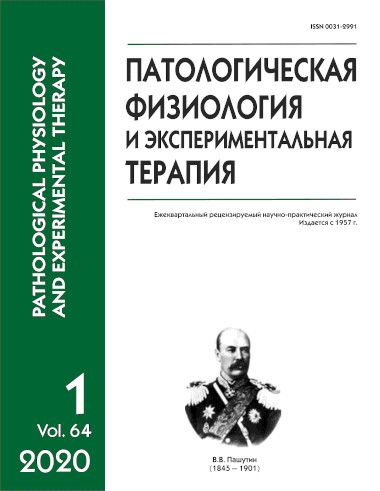Melatonin and its role in regulation of heart resistance to ischemia and reperfusion
Abstract
The aim was to analyze publications addressing the cardioprotective effects of melatonin in ischemia/reperfusion of the heart. Experiments in the analyzed reports were performed on rats with coronary artery occlusion and reperfusion. Some studies were performed on isolated, perfused rat hearts subjected to ischemia/reperfusion. Luzindole was used to antagonize melatonin receptors. Clinical studies were conducted on patients with acute ST-segment elevation myocardial infarction who underwent a percutaneous coronary intervention. Melatonin was administered intravenously. Infarct size was estimated by concentrations of creatine kinase-MB and troponin T and also using magnetic resonance imaging. In addition, clinical studies were performed on patients with coronary artery bypass surgery. Melatonin increased the heart tolerance to ischemia/reperfusion by providing a decrease in the infarct size/area at risk ratio; exerting an antiapoptotic effect; improving the heart pumping function during reperfusion exerting an antiarrhythmic effect; and reducing the intensity of oxidative stress. Many of these effects were associated with activation of M1 and M2 receptors. Melatonin proved cardioprotective in patients with coronary artery bypass grafting. Data on the effectiveness of melatonin in patients with acute myocardial infarction are inconsistent. Conclusion. The question of the clinical efficacy of melatonin requires further study.






